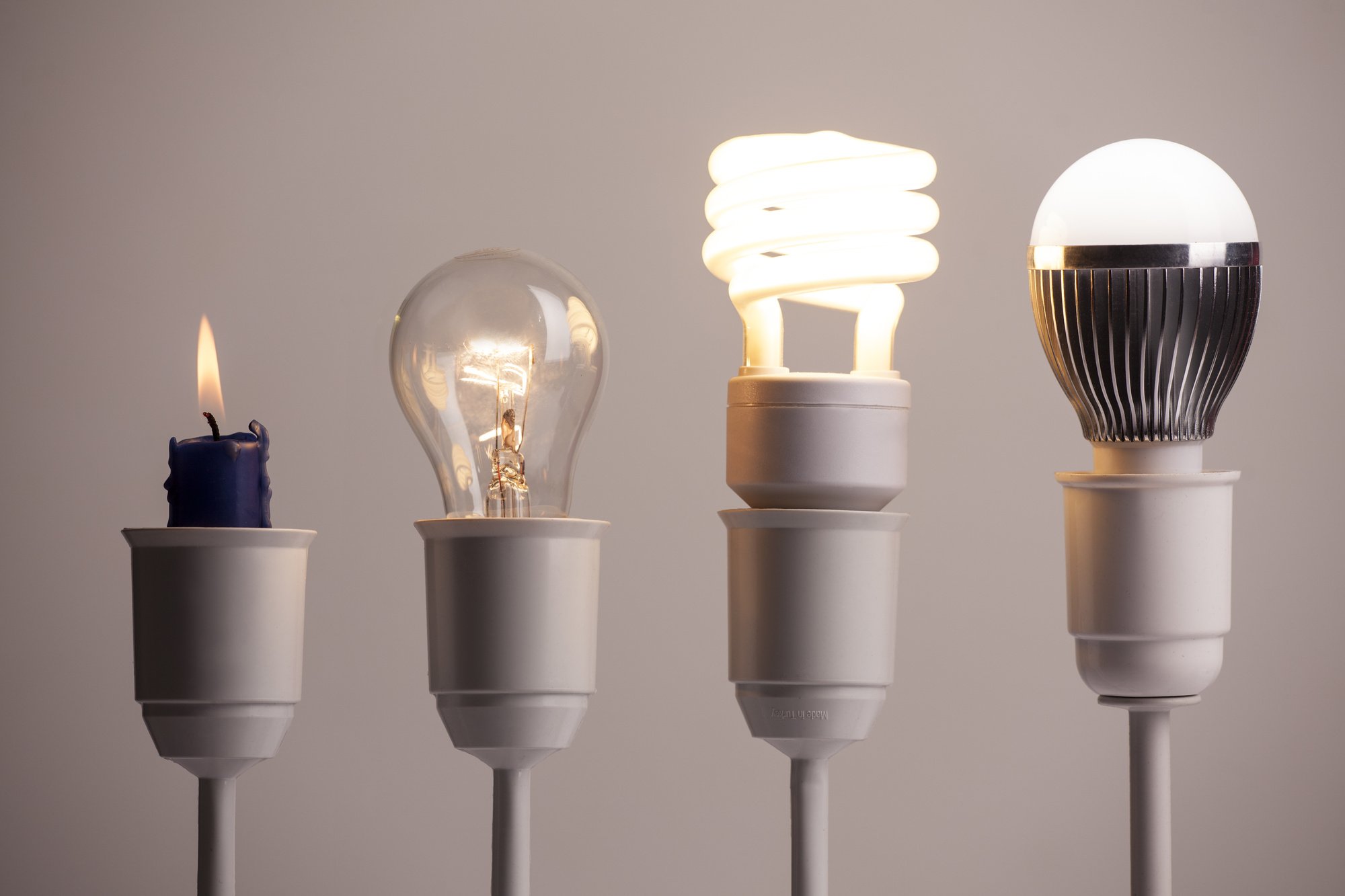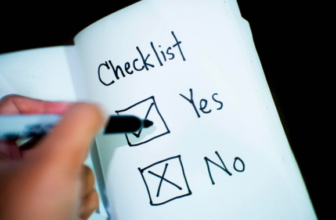
Nearly 50 to 70 million people in the U.S suffer from one or several sleep disorders.
Bad sleep hygiene can cause many problems like poor mental health, obesity, and cardiovascular problems. But, luckily, we can solve these issues by creating the perfect nighttime routine.
If you’re looking for sleep hygiene tips, you’ve come to the right place. Here are eight surefire ways to improve your sleep hygiene.
What Is Sleep Hygiene?
“What is sleep hygiene?”, you ask.
This term means good habits that help you have a rested night’s sleep. Many sleeping problems like insomnia are a result of bad habits over an extended period.
Good sleep hygiene happens when you make healthy adjustments to your lifestyle and mindset. Once you have a good night’s sleep, you’ll be more productive and have a better quality of life.
Top 8 Tips for Good Sleep Hygiene
It’s time to eliminate poor sleep hygiene with this useful sleep hygiene checklist. When you constantly follow these tips, you’ll appreciate a good night’s sleep and reap the many benefits.
Consider these tips, for example:
1. Avoid Daytime Naps
One of the most useful good sleep hygiene tips is to avoid daytime naps if possible.
We need a certain amount of sleep each 24-hour period but when we nap, it decreases the amount of sleep we need that night.
This can cause sleep fragmentation and make it harder to drift off. When this is consistent, you may develop insomnia and suffer from sleep deprivation.
If your hectic schedule needs a daytime nap, limit them to 30-minutes as they can boost your mood and performance.
2. Exercise Daily
Aim for 10-minutes of daily exercise as it promotes good quality sleep. Go walking, cycling, or swimming to expend energy so you feel more tired and are ready to rest in the evening.
Exercise also increases the time spent in a deep sleep. This phase boosts immune function, improves cardiac health, and relieves anxiety.
But you shouldn’t do rigorous exercise in the evening as physical activity produces endorphins which makes it harder to sleep.
3. Eat Right
Be mindful of what you’re eating before bed. Heavy food, spicy dishes, citrus fruits, and soft drinks can trigger indigestion, making it impossible to sleep.
Eat food that aids sleep. For instance, have a banana for dessert as they’re rich in magnesium which relaxes muscles and contains serotonin which promotes sleep.
You could also eat almonds, honey, oats, or turkey as they encourage a good night’s rest.
4. Create a Relaxing Bedtime Routine
Following a regular nightly routine lets your body know it’s bedtime.
You can read a book, meditate, stretch, or take a hot bath before bed. In fact, research shows that a 10-minute warm bath, of around 104 and 109 degrees Fahrenheit, makes you fall asleep 36% faster.
Once you’ve created a relaxing night-time routine, follow it every day so your body eases into sleep faster.
5. Don’t Stay In Bed Awake For Too Long
When we try and force sleep, we end up with our minds racing and constantly checking the clock. If this happens, get out of bed and sit in a chair in the dark.
Wait for your mind to quieten and stay there until you’re sleepy. Then, return to bed and don’t watch TV or check your phone in the meantime.
6. Create a Pleasant Sleep Environment
One of the most important sleep hygiene tips is creating a good sleeping environment. Consider ultra-comfortable Nolah mattresses and make sure your pillows are comfy, too.
Your bedroom should be between 60 to 67 degrees Fahrenheit because our body temperature drops when we sleep. The cooler the room, the easier it is to snooze.
Make sure your room is quiet and dark, so remove electronic devices as the light emitted makes it harder to fall asleep. Consider installing blackout curtains, eyeshades, and a “white noise” machine so your bedroom’s relaxing.
If your partner snores and wakes you up, consider snoring remedies to prevent fragmented sleep. And if your pets often awaken you, keep them outside the bedroom.
7. Be Cautious With Caffeinated Drinks
You can still feel the effects of caffeinated drinks several hours after consumption. Caffeine makes it harder to fall asleep and can cause fragmented sleep so only drink caffeinated drinks before noon.
Also only drink alcohol in moderation near bedtime. Alcohol helps you fall asleep faster but too much can act as a stimulant a few hours after.
This increases the number of random awakenings and decreases the quality of sleep in the second half of the night. Only consume one or two drinks maximum and avoid alcohol within three hours of bedtime.
Plus, smokers should avoid tobacco too close to bedtime as the nicotine will keep you awake.
8. Create a Consistent Sleep Schedule
A regular sleep schedule ensures a consistent, better quality of sleep. Going to bed and rising at the same time every day sets your body’s “internal clock” so you know when to sleep every night.
Stick to this routine as closely as possible, even on the weekends. And if you don’t sleep well the previous night, then the extra need for sleep helps you make up for it the next night.
Try These Helpful Sleep Hygiene Tips Tonight
Now you have eight sleep hygiene tips to try this evening.
It’s important to create an optimal sleep environment by creating a dark and relaxing space. Create a strong night-time routine, sleep at the same time every day, and be mindful of your diet so you don’t have indigestion.
Follow these, and you’re guaranteed a fantastic night’s sleep. Happy sleeping!
Did you find this article helpful? If so, check out our posts on everything from lifestyle to entertainment.





